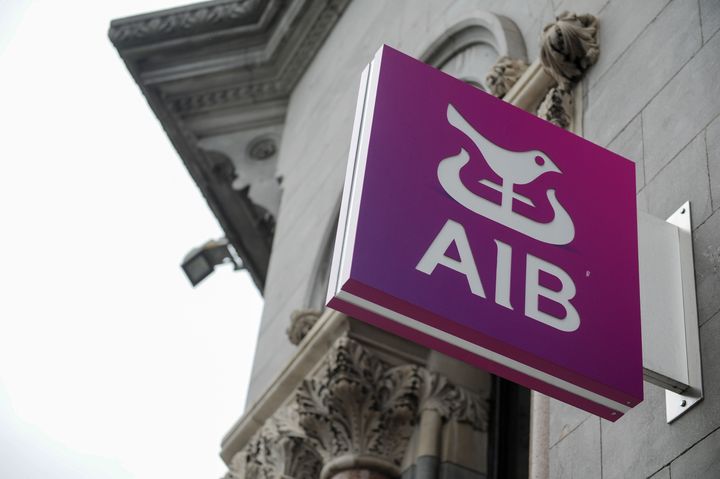
That deal now looks highly doubtful. Shareholders in AIB are due to vote on the proposal for a so-called “directed buyback” of €1.2bn worth of the bank’s shares from the State at the lender’s annual general meeting on May 1.
The buyback was announced at the end of March by both AIB and Finance Minister Paschal Donohoe and came as taxpayers’ once near-total ownership of AIB after a €21bn bailout was seen to be well on course towards a final exit within months.
The deal would will bring the State’s remaining stake in the bank to around 3pc. It would mean close to €19bn of the AIB bailout had been clawed back.
However, under the terms agreed between the two sides, the deal must take place at a price that is the higher of: €6.26 a share, or the average share price in the five-day run-up to the AGM next Thursday.
That €6.26 price was based on trading in the five days before the directed buy-back was announced on March 31. That period of relatively buoyant trading was rapidly followed by Donald Trump’s “Liberation Day” announcement of sweeping tariffs on April 2 that upended global investor confidence and sent shares across the world lower.
AIB shares fell from a €6.13 each close on April 1 to as little as €5.16 by April 9. By close of trading on April 24, the shares were at €5.70 each, materially lower than then minimum agreed for the sale. The vote on the buyback remains on the agenda for the AGM and many shareholders are likely to file their ballot papers in advance of the day itself.
As Finance Minister, Mr Donohoe exercises a still-considerable block of shares but cannot vote on the buyback, given the clear conflict of interest.
With the minimum price to be paid to taxpayers now well above the trading price of AIB’s shares, it looks unlikely the other shareholders, who must approve the deal, will vote it through at the AGM next week. If they did, they would be agreeing to pay more than the shares are worth, as far as the markets are concerned.
The ballot paper being voted on does not allow for any renegotiation of the terms.
Changing the terms of an AGM motion after it has been announced would be challenging from a corporate governance point of view and would only make sense if Mr Donohoe could be convinced to sell the shares controlled by the State for less than he was previously offered, which would be politically challenging.
AIB chairman John Pettigrew told shareholders when the deal was announced that it would only proceed if backed by them and if the board felt the price was in the best interests of the company. In his letter announcing the AGM agenda, including a vote on the buyback, he said the intention to enter into the deal was subject to conditions including that the terms are fair and reasonable as far as the independent shareholders are concerned.
Even if the shareholders voted through the deal the board might block it, if they feel the price is too high, he wrote.
“If the final price is at a premium to the prevailing market price at the time of the execution of the directed buyback contract, the board may decide that entry into the directed buyback contract is not in the best interests of shareholders,” he said.
#AIB #shares #fall #deadline #1.2bn #deal #recoup #taxpayer #cash #approaches







